Eye care signs to look for and general tips, from Dr Anand Shroff
This article is not necessarily strictly for the elder population. Some tips here are for all age groups, as there may be kids and youngsters in the same household that could gain from these general tips, which we call ‘Shroff Eye-Openers’®:
1. We start our tips with the morning ritual of splashing of water in the eyes. That’s not necessarily a very good idea. Unless the hands are really clean and so is the water. Besides, this action washes away the tears, which have isoenzymes that fight infection. A better cleaning option might be to use cooling eye drops and clean out the eyes in the morning from mucus that may have accumulated overnight. It is always safer to have something put in the eyes from a sterilised bottle rather than use tap water.
2. A general no-no for all age groups is ‘knuckling’ of the eyes early in the morning. Itching can happen due to allergic causes. One must then try to find out either through tests or observation what the allergies are and try to fix those. Simple anti-allergy eye drops help treat the symptoms but not the cause. Vigorous rubbing of the eyes can make the cornea go out of shape, a condition known as keratoconus.
3. Excessive fluid intake: One often gets WhatsApp messages recommending drinking 4 glasses of warm water early in the morning. This practice is dangerous because it can lead to a sharp increase in the eye pressure. This high pressure going up early in the morning takes hours to return to normal, resulting in pressure on the optic nerve of the eye which is responsible for vision. Having said this, one must keep in mind that you can and should drink a fair amount of water but it must be spaced out throughout the day.
4. It is also preferable not to touch the eyes with unclean hands and handkerchiefs or towels lying around. It can lead to chronic conjunctivitis. This leads to mucus formation and a mild sticky discharge early in the morning and sometimes throughout the day. It is always better to wash one’s hands in case one wants to touch the eyes. Also do not touch the eyes after using a sanitiser or after touching a mask. If one has used the two most unclean items, i.e. the keyboard or the phone, or after using a phone or iPad screen shared by various family members, then hand hygiene is imperative. One should ideally clean the surface before somebody else uses it.
5. Moving the eyes as prescribed in the yogic ‘traatak’, by moving them up, down, left and right two or three times. The eyes are anyway moving in all directions thousands of times in a day. Doing it twice more is not going to make a difference. However, it can be done if it makes the yoga teacher happy!

6. While sitting on the computer or phone, keep the ceiling fan off. Because the ceiling fan can cause a lot of watering while staring at screens. Staring leads to the eye’s blink rate dropping by 80-85% because in the real world humans only stare when one has to aim at a kill. So nature will not allow you to blink. So if you’re going to sit for hours on all these gadgets, then it is better to use a lubricating eye drop before starting. Also of importance is to take frequent breaks for the neck and back. We also recommend the use of anti-fatigue glasses for those who are younger to avoid rapidly changing spectacle powers from eye strain. For the elder age group it is important to do near work with a separate pair of near spectacles, not with bifocal or progressive glasses. Progressive and bifocal glasses have near power at the bottom of the frame. The eyes need to be looking down for too long non-stop, which is not something very natural. It causes headache and strain. It is always better to use separate glasses for 15 minutes or longer of non-stop near work.
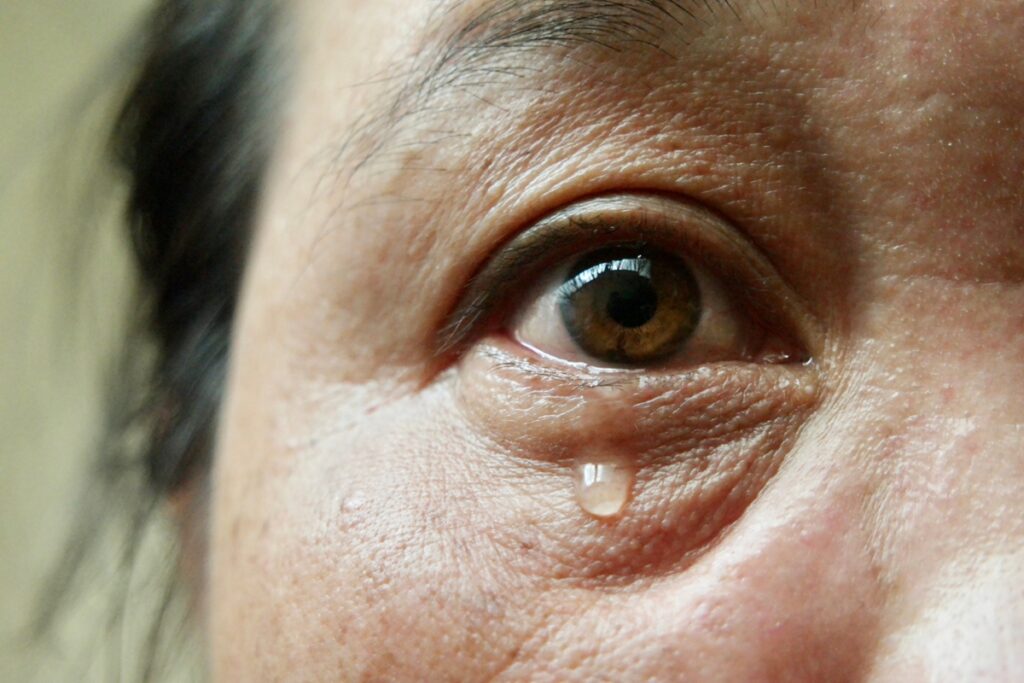
7. One should not look at a flame or the rising and setting sun directly for any period of time. That can harm the centre of the retina, which is the most sensitive part of the eye, the macula, which is responsible for central vision.
8. Some seniors feel that they can’t read too well even with their prescribed glasses. After a certain age, the sensitivity of the retina tends to slightly diminish. One might feel that there’s a change in power. Often it’s just that you are reading in slightly dimmer light. Keeping a focused light on the reading material makes reading easy.
9. One habit that people develop is to try and remove gastric acid in the morning by pressing the tongue and trying to vomit out the acid. This is not a good practice as it builds up pressure in the head. Bleeding can happen on the white of the eye, called a subconjunctival hemorrhage with such forceful actions.
Signs and symptoms that require a visit to the eye doctor
1. Pink or black margin of the lower lid: Sometimes the muscles of the eyelid tend to get slightly weaker with age. The lower lid tends to slightly evert out, and there’s more of a pinkishness to the lower eyelid. The eyelid margin can also start looking like a black line when the lower eyelid turns inwards instead. The eyelashes turn inwards and rub against the surface of the eye leading to repeated infections, irritation and watering.
2. A watery eye happens fairly commonly. When this continues the cause could be a blocked nose or a blocked nasolacrimal duct (a drainage tube from where the tears drain out into the nose). Constant watering and constantly dabbing the eyelid skin causes discomfort and then needs medication prescribed by an eye doctor.
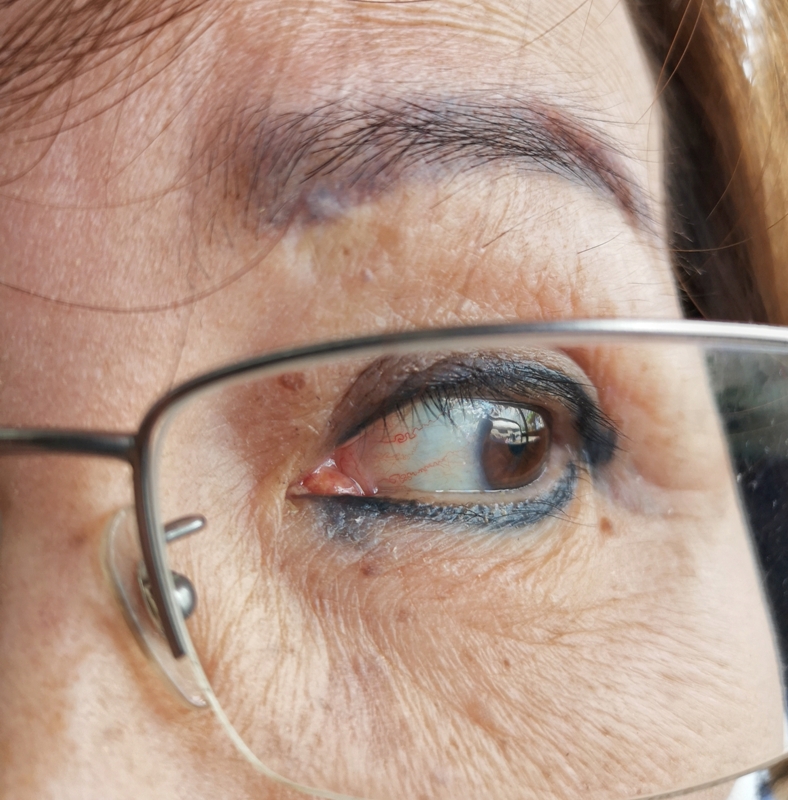
3. A repeated white or yellow discharge coming out could be a sign of infection. A very mild discharge only in the morning may be observed but anything that is consistently there throughout the day must be looked into by the doctor.
4. Blurring of vision can be from many causes. It can be something as simple as using a wrong pair of spectacles or using the far component of a progressive pair of spectacles for near work. Blurred vision can otherwise happen from a host of issues so it’s better to get an eye examination.
5. Sudden flashes of light in the periphery of vision with or without tiny floating particles in the vision (called floaters) is an emergency. If it is something that has been there from childhood or you just notice one or two floaters moving around then one needn’t worry. But if there are flashes on the periphery or streaks of light, a sudden shower of floaters or a curtain or shadow blocking some part of the side vision, then that would be an absolute emergency.
6. Only central hazy vision can happen due to aging of the centre of the retina, and is called macular degeneration. Any central vision loss needs an immediate consultation.
7. It is anyway prudent to visit an eye doctor annually particularly if you have a family history of glaucoma. Not only is it a silent condition but it can irreversibly decrease the peripheral vision and finally the central vision.
8. Seeing curved or wavy edges of doors and windows or any other straight object is usually a sign of a retinal problem that needs immediate attention. Particularly if it is associated with poor vision. This could be the start of the wet type of macular degeneration, not the typical safer dry type that one could get with age.
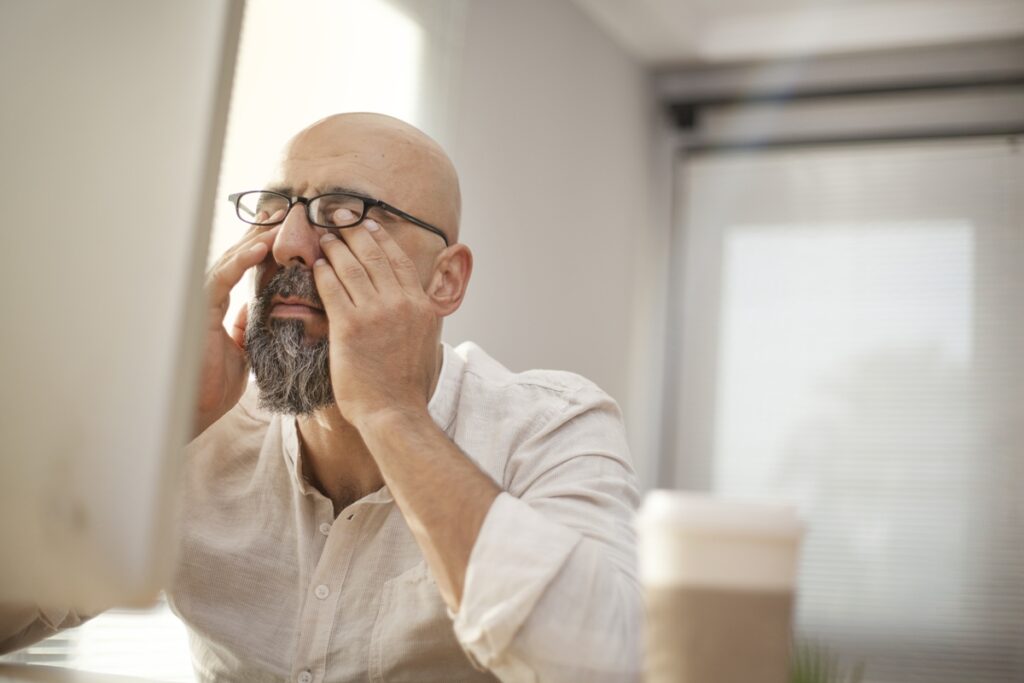
9. Controlling diabetes and high blood pressure well is very important for long-term good health of the eyes. Diabetes, if uncontrolled or even if long-standing, can lead to cataract and cause bleeding in the retina. Cataract surgery is done earlier nowadays unlike the old theory of waiting till it completely mature and one loses vision. It should be done once there’s a disability or one is unable to perform one’s daily activities.
10. Rapidly changing powers can be the only sign of glaucoma or cataract. So if your spectacle numbers are changing quite often, then one should go immediately to a doctor and get the eye pressures checked.
11. Headache and pain around the eyes can be from excessive strain of near work, wrong spectacles, low blood pressure or sinusitis. In India it’s very often sinusitis. There are simple do’s and don’ts that help treat the condition.
12. Expect a change in plus powers for far and near every few years. Some people have rapidly changing plus far and near powers. On the plus side, this usually happens after the late 30s and early 40s onwards when the far powers start to increase on the plus side along with the near increase.
13. Generalised hazy vision usually happens from a cataract. Cataract is haziness in the natural lens in the eye, causing hazy vision that can be very easily treated if one goes at the right time. Going to a doctor with a fully mature cataract can sometimes lead to complications. That, however, thankfully is very rare. There are various kinds of lenses that are implanted now that can help do away with most of one’s spectacle dependence post-procedure. Like extended depth of focus lenses that do not have the drawback of haloes seen with trifocal lenses.
This is a synopsis of common problems. The most important thing is to visit the eye doctor annually.
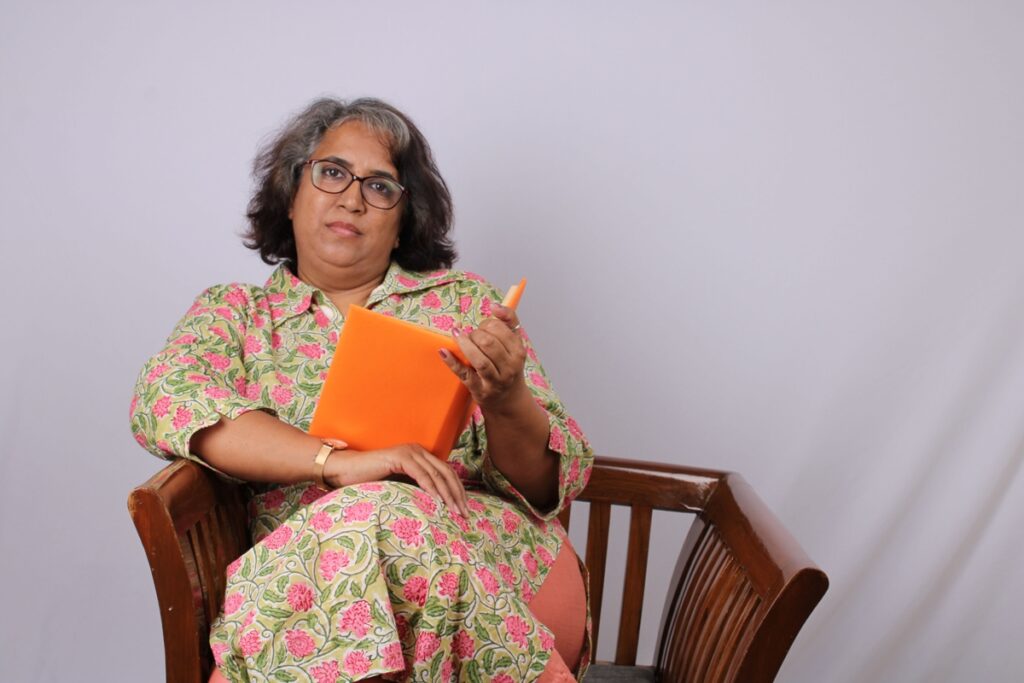



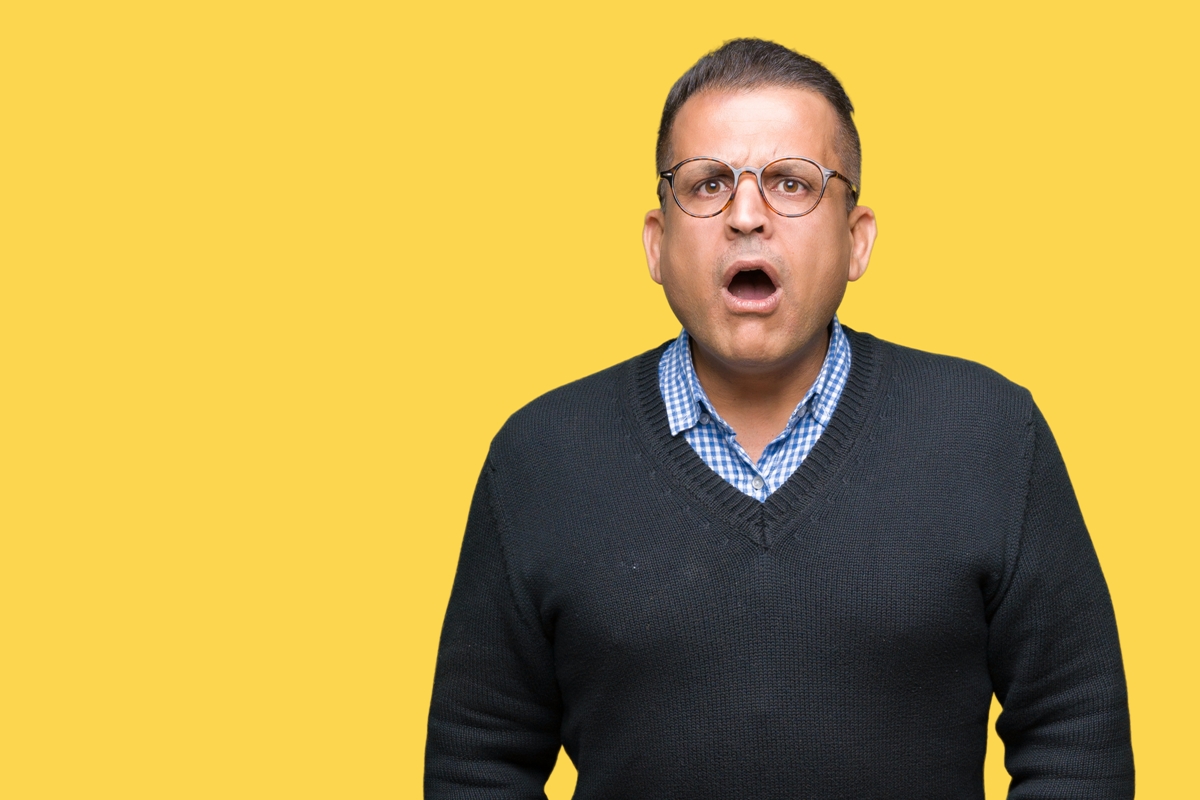





I am editing a monthly tabloid named Hiranandani Estate News and distributing free of cost to 7000 families in Thane. Do I have the permission to reproduce your article giving the courtesy line?
Comments are closed.